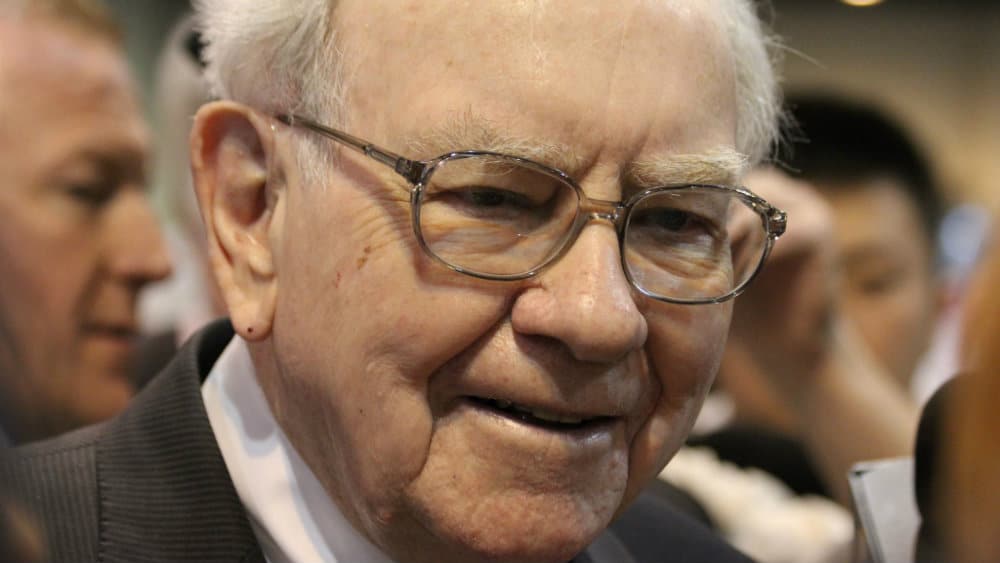
Big losses in your portfolio are going to happen, and it doesn’t matter if you’re the greatest investor on the planet, as we saw in the case of Warren Buffett and his soured Kraft Heinz (NASDAQ:KHC) investment that shed a whopping 30% of its value in the days following the release of some pretty abysmal earnings to go with a side of a freshly cut dividend.
So, naturally, you’re probably wondering how the heck you could have a chance of avoiding such pitfall investments if not even the Oracle (NYSE:ORCL) of Omaha himself can recognize and avoid value traps like Kraft Heinz.
While pundits in the mainstream financial media will continue to criticize Buffett’s abilities and whether or not age is playing a factor in his recent sub-par investments, the fact remains that it’s unfair, albeit convenient to pin Buffett as having “lost his abilities” right after one of his biggest investment blunders. Troughs in the road happen to the best of us, and only from a longer-term perspective shall it make sense to judge Buffett and his most recent bets.
One thing is for sure though, with Kraft Heinz, Buffett struck out big time, but there are huge lessons to be learned from the Oracle’s recent mishaps. Consider the following:
Cost-cutting seems excellent on paper, but the cuts can go too deep! 3G Capital and its zero-based budgeting strategy seemed great on paper. Warren Buffett is all about corporate frugality and maximizing returns for shareholders, but what Buffett overlooked is the fact that cuts can go too deep.
Kraft Heinz is a ridiculously low-tech business, and although there were inefficiencies present in operations before the Kraft, Heinz merger, 3G Capital has struggled to create any form of meaningful synergies from cost cuts. Such expense cuts across various segments were a likely reason why the company posted a massive US$15.4 billion write-down, with brand equity taking a massive hit to the chin.
On this side of the border, Restaurant Brands International (TSX:QSR)(NYSE:QSR) shareholders are all too familiar with 3G Capital and its overly aggressive cost cuts. While cost cuts are a great way to drive earnings, if such cuts go too far, it is possible to cut into vital organs that power the business. Like the removal of a cancerous tumour in an operation, you want to cut out the unhealthy, malignant tissue while minimizing damage to healthy tissues that surround the tumour.
In the case of Kraft Heinz, the management team cut off its nose to spite its face. Sure, some parts of the business experienced greater operational efficiency, but at what expense?
Fortunately for Restaurant Brands, the tarnished Tim Hortons brand was powerful enough to overcome potentially disastrous brand equity write-offs, which wasn’t the case for Kraft and Heinz, two troubled brands that many consumers are starting to forget about.
Don’t underestimate execution risk + Don’t overpay for a “stalwart” 3G Capital was a seasoned management team, the cost-cutting and synergy-driving model seemed fool-proof, and there was a considerable amount of value to be unlocked. Unfortunately for Buffett, he failed to consider execution risks, and as a result, he overpaid to get in at the ground floor with Kraft Heinz, a no-growth stalwart that he thought could be revived.
Never bet against strong secular trends + Don’t overestimate brand equity When brands or businesses within the same industry face hardships, M&A is usually the answer. But just because a top-notch management team is conducting a merger doesn’t mean solid results will be guaranteed.
Indeed, 3G Capital has a wealth of experience with unlocking significant long-term value through M&A, but the biggest difference between Restaurant Brands (consolidating a high-growth industry), and Kraft Heinz (dying middle-aisle consumer-packaged-good brands) was that the latter was on the right side of the secular trend (fast casual), and the former was on the wrong side.
Millennials are shunning old, unhealthy, highly-processed brands for healthier, organic alternatives. There’s no question that Kraft and Heinz have been mainstay brands in the past, but with new generations who could care less about such middle-aisle brands, it shouldn’t have been a surprise to see both Kraft and Heinz suffer significant erosion of the value of their brands.
Stay hungry. Stay Foolish.
Fool contributor Joey Frenette has no position in any of the stocks mentioned. The Motley Fool is short shares of Kraft Heinz.
The Motley Fool’s purpose is to help the world invest, better. Click here now for your free subscription to Take Stock, The Motley Fool Canada’s free investing newsletter. Packed with stock ideas and investing advice, it is essential reading for anyone looking to build and grow their wealth in the years ahead. Motley Fool Canada 2019